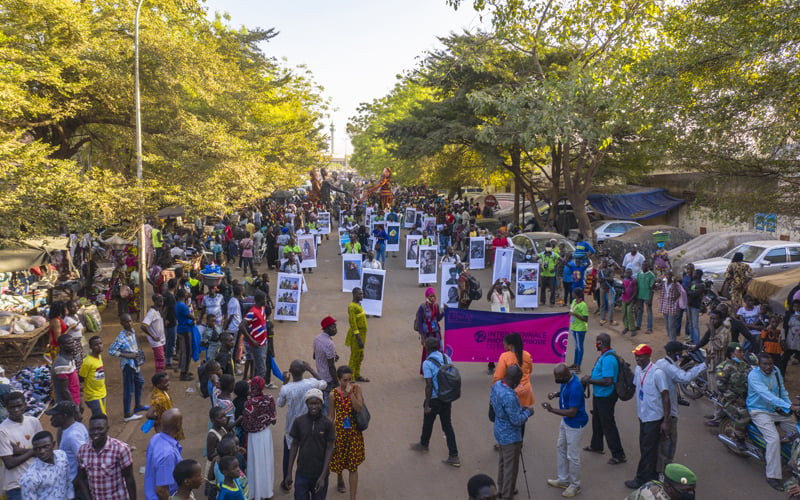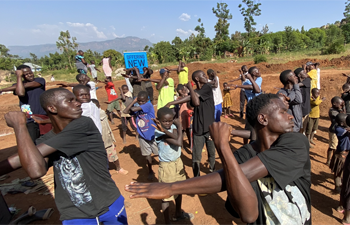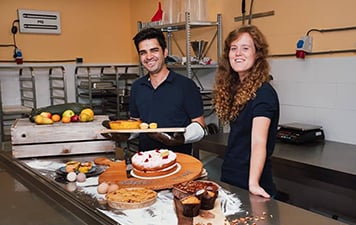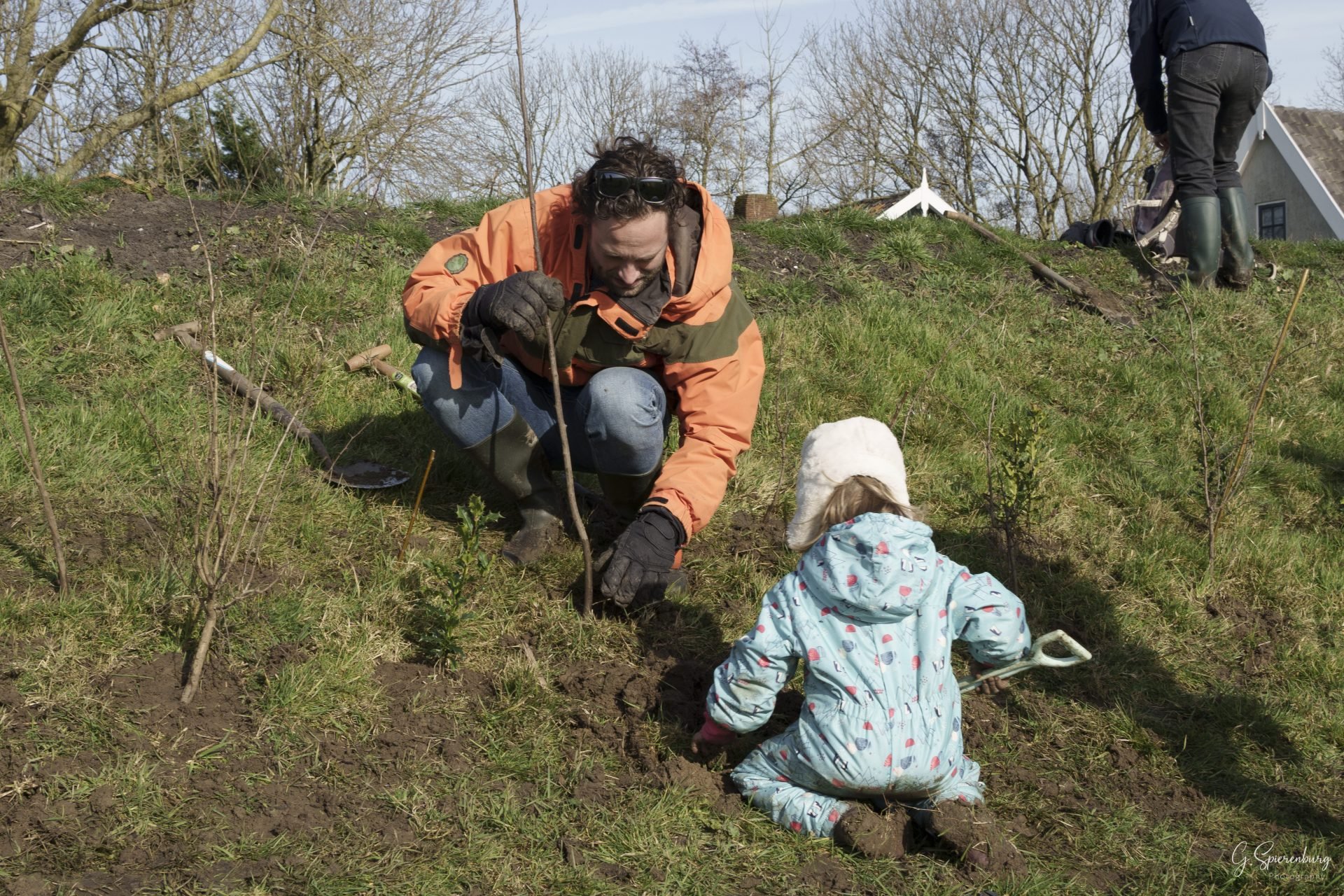The future lies in the hands of the younger generation! The imaginative powers of the youth give a country hope and confidence in the future. That’s why our partner Yamarou in Mali is working hard to create a professional network of talented photographers. In the city of Bamako, also known as the capital of photography, Yamarou trains youngsters – especially young women – to become professional, artistic photographers. We spoke to Seydou Camara, Managing Director of Yamarou.
Creativity fills the void
When Yamarou was established in 2018, the figures showed that more than 800 people were actively engaged as photographers, taking portraits and doing weddings for example. But, in the absence of professional training, nobody chose photography as an art form, as a way to appeal to the imagination.
Yamarou was founded to fill this void with the art of photography. It canvases schools to familiarise students with this art form at a young age, offering them an opportunity to develop their talents in this creative field.
Seydou: “We have an important role to play in training youngsters to become photographers and strengthening their professional skills. Together with them, this is how we are strengthening the position of Bamako as the capital of photography.”
Women in photography
In 2018, access to photography was largely limited to men. Less than 1% of all photographers in Mali were women. While Yamarou targets the youth in general, they are determined to address this imbalance.
Seydou: “Our programmes are open to all, but we do pay special attention to girls and young women. In this way, we hope to eliminate social prejudice and show that the world of photography is also theirs to discover.”
Women displaying a talent in different areas of photography are given a chance at Yamarou. Take the young photographer Kani Sissoko, for example, who followed all her training at Yamarou Photo: “Yamarou is more than just a school for me, it’s a family. I’ve sharpened my photographic skills here and worked on my personal development.”
Or Anna Ndiaye, who also looks back on her training as a wonderful experience: “Yamarou not only showed me how to use a camera properly, but taught me to see the world around me in a new way.”
Strength lies in unity
In addition to offering training programmes, Yamarou organises different activities that contribute towards strengthening the cultural sector in Mali. A good example here is its cooperation with Photo’Art, a collective of 24 local photographic associations that work towards stimulating and developing the photographic sector in Mali.
Seydou: “The idea of organising the ‘Inter-biennial’, a biennial photographic exhibition, arose from this cooperative relationship. We fill the gap between two existing biennials with courses and exhibitions, for example. In this way, we aim to prepare local photographers to participate in the bigger American photographic biennials.”
Together, they not only offer youngsters training, they also offer them a chance to showcase their work to a broader public. First in Mali, then the rest of Africa and, ultimately, throughout the world.



